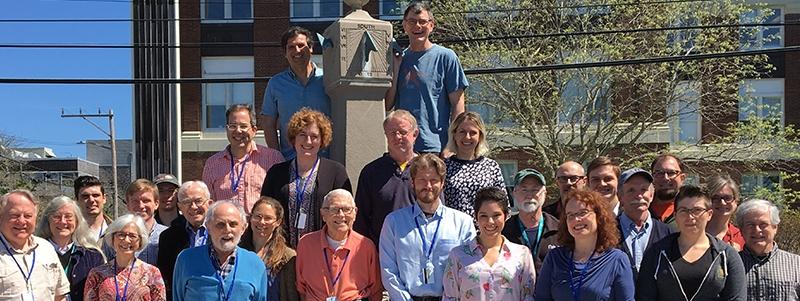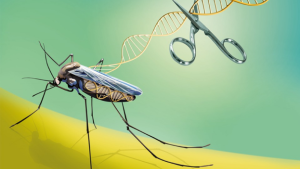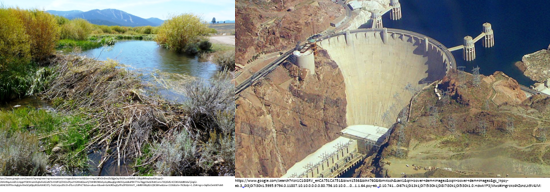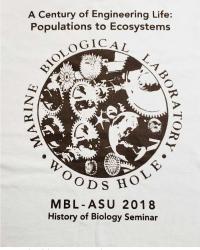History of Biology Seminars
2018 Seminar: A Century of Engineering Life: Populations and Ecosystems

About
Recent advances in gene editing using new technologies such as CRISPR-Cas9 raise many exciting possibilities for modifying cells and organisms. But there are increasing levels of interest—and concern—related to applying these technologies to populations and ecosystems. Examples include proposals to use gene drives to alter, reduce, or even eliminate mosquito populations carrying infectious diseases such as malaria; reverse herbicide resistance in agricultural weeds; and remove invasive species from ecological communities. These applications raise provocative questions at the interface of science and society. What are the broad implications of such alterations? Who makes the decision to use such powerful technologies?
Recent advances and debates regarding alteration of populations and ecosystems rest within a larger historical context of engineering life that encompasses: 1) controlled evolution of domesticated stocks by selective breeding, as well as the eugenic, selective breeding of ourselves; 2) massive transformations of ecosystems for agricultural and urban development, and geopolitical purposes; and 3) the long history of conservation, itself a form of engineering, and ecological rehabilitation, which often involves re-engineering previously engineered landscapes. These efforts at evolutionary and ecological engineering have often involved coordinated efforts at social engineering of affected human populations—removal and relocation being just one example.
Topics for 2018 include intervening in populations and ecosystems through assisted colonization, restoration, de-extinction, and rewilding. What counts as wilderness; what counts as natural vs. artificial; what counts as historically accurate (from an ecological point of view); and how do these distinctions, or the blurring of these distinctions, enter into decisions to intervene, or not to intervene? Researchers at the MBL’s Ecosystem Center have studied some ecosystems for decades under the National Science Foundation’s Long Term Ecological Research Program. How long must we study populations and ecosystems to be confident in our ability to engineer complex mixtures of individuals and species in predictable, possibly sustainable ways? Rather than thinking primarily about how and whether to control non-human species and the non-human aspects of our environments, should we think more about controlling the socio-ecological systems that include us?
Last year’s (2017) MBL-ASU History of Biology Seminar focused on engineering life at the level of cells and organisms. The 2018 Seminar will focus on engineering populations and ecosystems. We will bring together a mix of historians, philosophers, social scientists, and biologists for a lively week of presentations, discussions, and debates concerning efforts to engineer life—by whom, where, how, and why? Where are we now? And what will it take to make informed and thoughtful decisions about the future?
The History of Biology Seminar is offered in collaboration with and is funded by Arizona State University. To view past years topics, click here.
James Collins, Arizona State University
Jane Maienschein, Arizona State University
Karl Matlin, University of Chicago
Luis Campos, University of New Mexico
John Beatty, University of British Columbia


